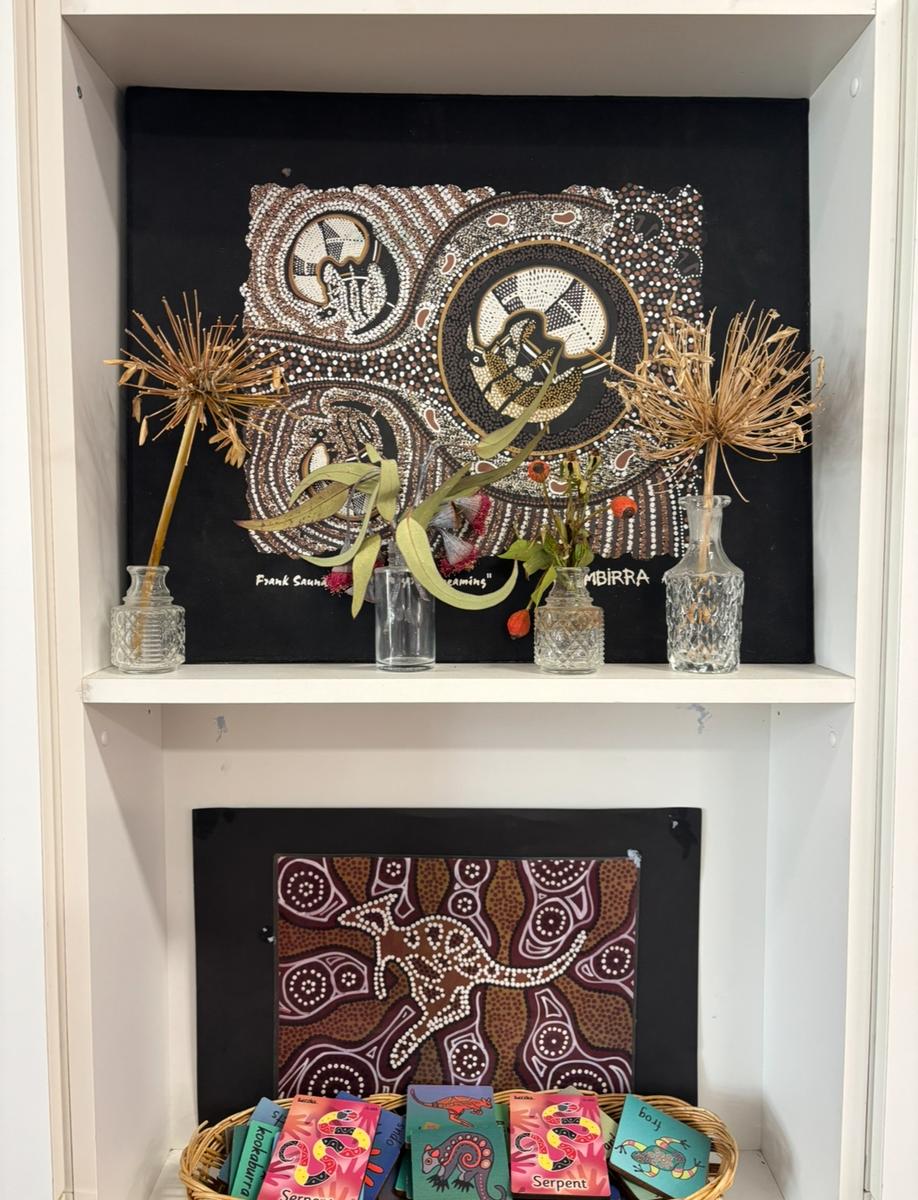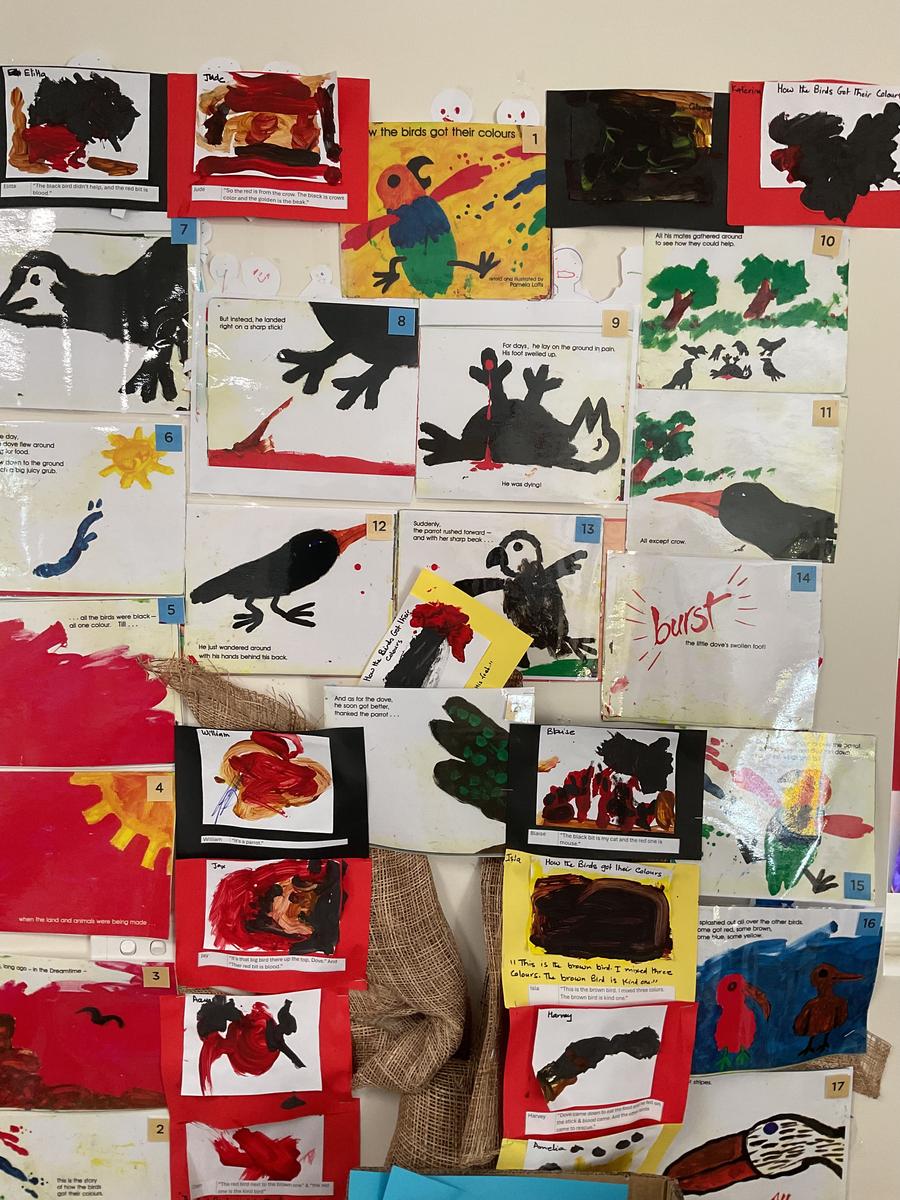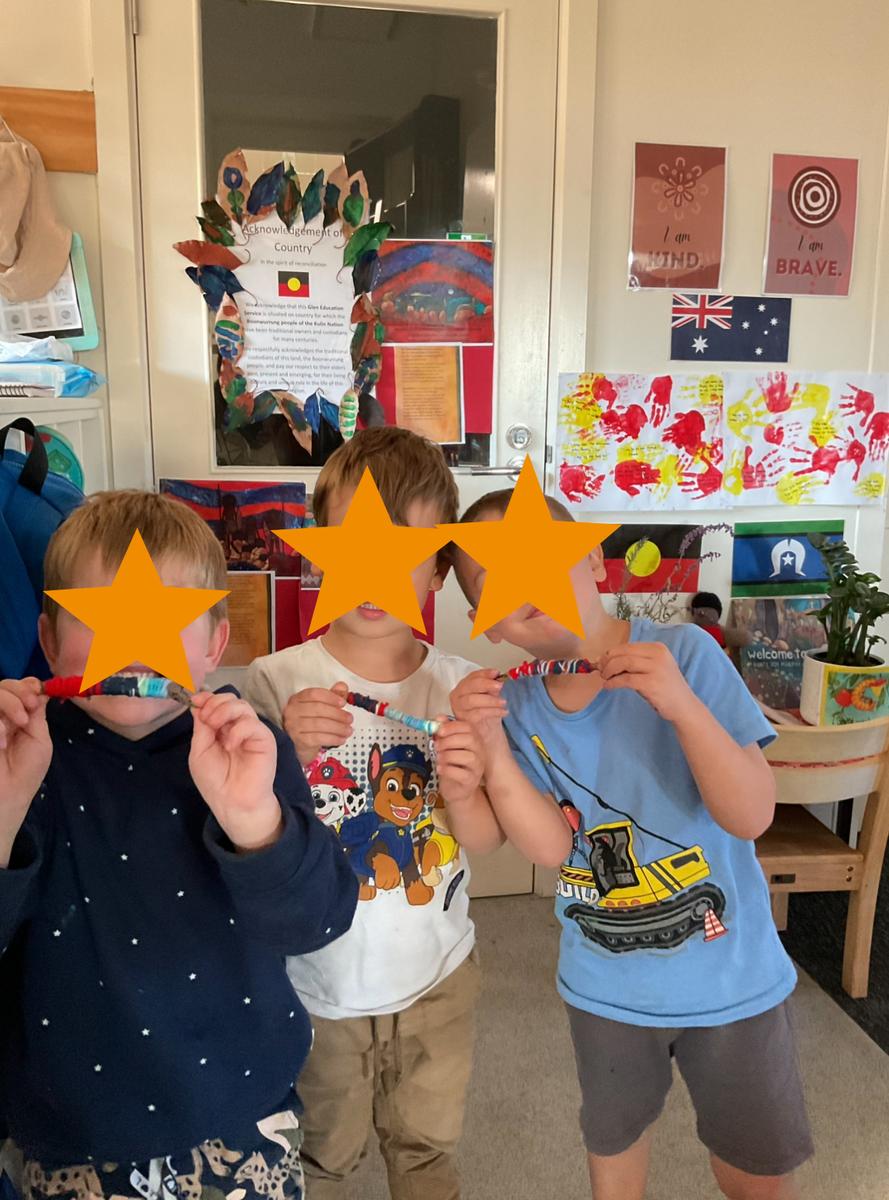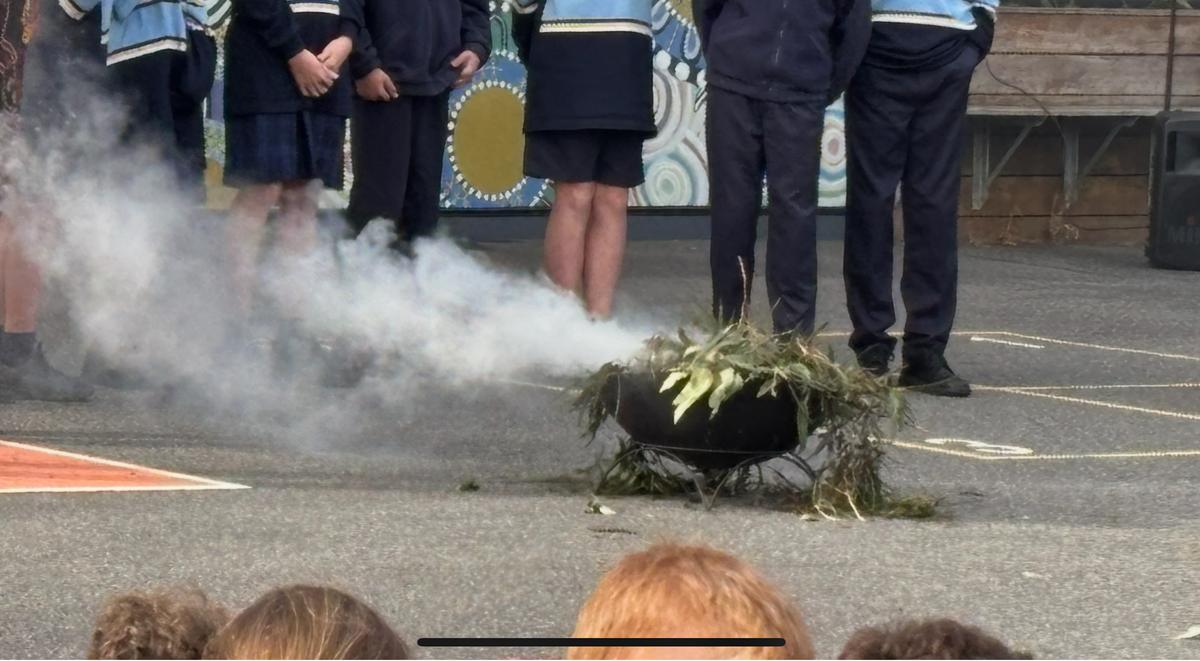Glen Education Orrong Road

Cultural Responsiveness in Early Childhood Setting
By Mavis Ng, Early Childhood Teacher
We take on an authentic approach when it comes to supporting cultural responsiveness in the children’s learning environments. It is about creating a safe, inclusive and inspiring space that nurtures their wellbeing and sense of belonging. The children are learning about social justice as we engage them in meaningful conversations through shared knowledge and voices. That itself is empowerment, and the capacity to recognize and understand the beauty of diversity encourages them to appreciate the world we live in.
This is reflected in Glen Education Orrong Road Kindergarten as we continue to establish a strong foundation for the children to flourish.
Embedding Indigenous Perspectives
There is importance in embedding indigenous perspectives in the children’s learning spaces, and the use of visuals, stories, songs and arts are incorporated to create cultural awareness and renewed appreciation to Australia’s rich heritage. Rich resources are provided to promote their critical thinking. For instance, the children have access to many indigenous puzzles and memory games to challenge their cognitive and problem-solving skills. In turn, they are also familiarizing themselves with Aboriginal drawings and symbols.
“The service environment is inclusive, promotes competence and supports exploration and play-based learning” (Quality Area 3)
Promoting Socio-Emotional Literacy
Supporting cultural responsiveness further promotes the children’s socio-emotional literacy, as with fostering compassion and empathy. For instance, our yarning circle is more than just a meeting. It is a moment of reflection and there is a sense of togetherness as we respectfully acknowledge the land and what it means to care for water, animals, people and land.
They understand the purpose of the yarning stick and what it means to have a voice. Essentially, the children are also learning about mindfulness and care for one another – which can be interpreted in many forms such as practicing their active listening skills and extending courtesy and mutual respect.
“Educators view culture and the context of the child’s family and wider community as central to children’s sense of being and belonging, and their successful lifelong learning. They assist children to be culturally competent and responsive by taking actions in the face of unfairness and discrimination” (Belonging, Being and Becoming: The Early Years Learning Framework for Australia V2.0, 2022)
Creating a Safe and Equitable Space
As educators, we believe in role modelling to encourage children to speak up and be agents of change towards a better future. That means creating a safe and equitable space where everyone is valued for who they are.
We stay true to our commitment to work collaboratively with our team, children, families and beyond. Recently, we even had an opportunity to attend a smoking ceremony at St Joseph’s Primary School. It was a special moment (and an eye-opener!) as the local community came together to experience the cultural significance lead by the Elders.




